Laravel vs NativePHP App Development: An Extensive Guide

Ever since the Native PHP development rollout got attention on the internet, many businesses wanted to understand the insights of Native PHP app development. Meanwhile, the officials have already disclosed that Native PHP is an alpha release currently and isn’t ready for app development, still, the chaos continues to grow between Laravel vs Native PHP. This guide is determined to clear all your doubts and is meant to give you insights into Native PHP Laravel development. So stay tuned for big updates and reveals!
With the long-standing name for building web applications, PHP has emerged as a widely-used language worldwide. And now with the introduction of Native PHP, it is a game-changing moment for app PHP developers, as the revolutionary framework allows developers to create native desktop apps with ease. On the other hand, Laravel has already captured the market with its expressive and elegant syntax to generate extensible PHP-based web applications and online sites at a scale. Now, the question is which one offers what service, as users find it quite confusing. To solve your queries this post is designed, so let’s begin.
Recently Added:- The Guide to Build an App Like Threads
Laravel vs Native PHP – A Fool-Proof Comparison
Laravel and Native PHP are two distinct approaches to web application development, each offering its own set of advantages and considerations. Laravel is a popular PHP framework known for its ease of use, extensive feature set, and rapid development capabilities. It follows the MVC pattern and includes built-in tools like Eloquent ORM and Blade templating engine, making it efficient for building robust applications. On the other hand, Native PHP is known to combine the versatility of PHP for building native desktop applications which are meant to install on specific devices. Native PHP offers greater flexibility and potentially better performance to handle common tasks and implement security measures. In this guide, I'll compare Laravel and Native PHP app development extensively to help you make an informed decision.
Laravel
Laravel is one of the most popular PHP frameworks, which follow MVC (stands for Model-View-Controller) development pattern. It aims to simplify and speed up web development by providing a well-organized and expressive syntax. Some key features of Laravel include:
- Eloquent ORM: Laravel's ORM (Object-Relational Mapping) makes database interactions easy by allowing developers to work with database records as objects.
- Blade Templating Engine: Laravel uses Blade, a powerful templating engine, to manage the presentation layer and help in creating reusable templates.
- Artisan CLI: Laravel comes with a command-line tool called Artisan that automates repetitive tasks like generating code, managing migrations, and more.
- Routing: Laravel provides a clean and expressive way to define application routes, making it easier to handle HTTP requests.
- Middleware: Middleware allows you to filter HTTP requests entering your application, providing a convenient way to perform actions before or after the request is handled.
- Packages and Libraries: Laravel has a robust ecosystem with various packages and libraries available via Composer, making it easy to integrate third-party functionality into your application.
Let’s view the Pros and Cons of Laravel:
|
Pros of Laravel |
Cons of Laravel |
|
Rapid Development: Laravel's built-in features and conventions streamline development and reduce boilerplate code, leading to faster development times. Community and Documentation: Laravel has a large and active community, ensuring regular updates, bug fixes, and a wealth of resources for learning and troubleshooting. Security: Laravel includes built-in security features like CSRF protection, input validation, and prevention of SQL injection. |
Learning Curve: For developers new to the framework, there might be a learning curve to grasp all the concepts and best practices. Performance Overhead: Since Laravel comes with additional layers and features, there might be some performance overhead compared to Native PHP.
|
Native PHP
NativePHP refers to a framework designed to boost the rapid application development for native desktop apps and cross-platform applications using PHP. It allows developers to have complete control over the codebase and gives them the flexibility to choose libraries and tools as per their needs.
Strictly speaking, the NativePHP is a fool-proof combination of major elements, allowing:
- To utilize a set of tools that can enable you to build native desktop applications with the Electron or Tauri browser.
- Enable you to work together with different host operating system functions and features.
- Allows you to run on any user’s system without engaging with much effort.
Let’s view the Pros and Cons of NativePHP App Development:
|
Pros of Native PHP |
Cons of Native PHP |
|
Flexibility: With NativePHP, you have the freedom to design and develop native and cross-platform applications by using several technologies and tools that you’re already skilled in such as CSS, HTML, and Javascript according to your preferences. Performance: Since there are no additional layers, the performance can potentially be better compared to using a framework like Laravel. Learning PHP: When working with NativePHP, developers get a deeper understanding of the PHP language and its core concepts. |
As per the officials, NativePHP is in alpha release and isn’t ready to use for desktop application development yet, hence it is difficult to understand its cons right now. However, a plus point for NativePHP users is that they are now free to select their most preferred PHP framework such as Symfony and Laravel to build applications via NativePHP Laravel development, or even without using any framework they can develop cross-platform desktop apps at all. |
Also Read - Key Factors of Mobile App Development for Startups
Choose Between Laravel vs Native PHP App Development in 2023
With the blooming evolution of the mobile app industry over the past few years, companies are getting into the dilemma of which technology to choose to serve customers. Furthermore, brands got confused about which platform is best to serve their target audience and got into the fuss of hiring Native PHP Laravel development company to fulfill their business goals.
When choosing between Laravel and Native PHP, make sure to consider the speed, security, and cost of the application development project. Below Neath process you can follow -
When to choose Laravel:
- Large-scale projects where development speed is crucial.
- Projects that require a robust and secure framework with built-in features like authentication, ORM, and templating engine.
- When there's a need for a rich ecosystem with various packages and libraries readily available.
When to choose Native PHP:
- Small to medium-sized projects where simplicity and minimal overhead are essential.
- Projects that demand complete control over the application design and development without the constraints of a framework.
- If you have experienced developers who are proficient in PHP and can implement security measures and best practices effectively.
Ultimately, the decision comes down to project requirements, team expertise, and the adjustment between development speed and control over the codebase.
Native PHP App Development Services Offered By ITEconic
NativePHP application development refers to building native desktop applications using PHP without relying on any PHP frameworks. In this approach, developers have complete control over the application development and can choose libraries and tools based on their specific needs. NativePHP allows for greater flexibility, making it suitable for projects with unique requirements or where custom solutions are preferred. By holding up a prestigious name in mobile or web application development services, ITEconic is now all set to embrace its knowledge and skills in the global platform by introducing NativePHP app development services.
Overall, NativePHP is an excellent choice for developers who value complete control over the codebase, need to optimize performance and have the expertise to implement security measures effectively.
Brownie Post to Read - How to Build Loyalty Program
To Conclude Everything
Laravel and NativePHP are two different approaches to web and native desktop application development. Each has its advantages and disadvantages, and the choice between the two depends on various factors such as project requirements, team expertise, development timeline, and scalability needs. This guide aims to comprehensively compare both options, assisting developers and businesses in making an informed decision.
Frequently Asked Questions
Q1. What does Native PHP stands for?
Finally, a new framework is introduced with the name Native PHP to ease down the process of building rich applications using PHP. It will allow App Development companies to build cross-platform and native desktop applications with a rapid approach. Furthermore, PHP developers who have a deep understanding and skills in CSS, HTML, and Java script can use the platform for seamless production.
Q2. How to choose the best app development company in UK?
If you consider looking for Native PHP Laravel development provided by professionals, consider looking at these factors:
- Portfolio and Experience: Check their portfolio to see if they have worked on projects similar to yours and have a good track record of delivering quality products.
- Expertise: Ensure that the developers have a deep understanding of PHP and relevant technologies.
- Communication: Effective communication is essential for successful project collaboration. Make sure the developers can communicate effectively and understand your project requirements.
- Client Reviews and Testimonials: Look for reviews and testimonials from their previous clients to get an idea of their work ethic and professionalism.
- Cost and Budget: Obtain quotes from multiple service providers and compare them to find a suitable fit for your budget.
- Project Management: Ensure that the company or developers have proper project management practices in place to keep the development process organized and transparent.
Q3. What does Laravel stand for and why is it used?
Laravel is a well-known web framework, useful for creating extensible PHP-based web apps and websites to make your final project technology driven.
.jpg)

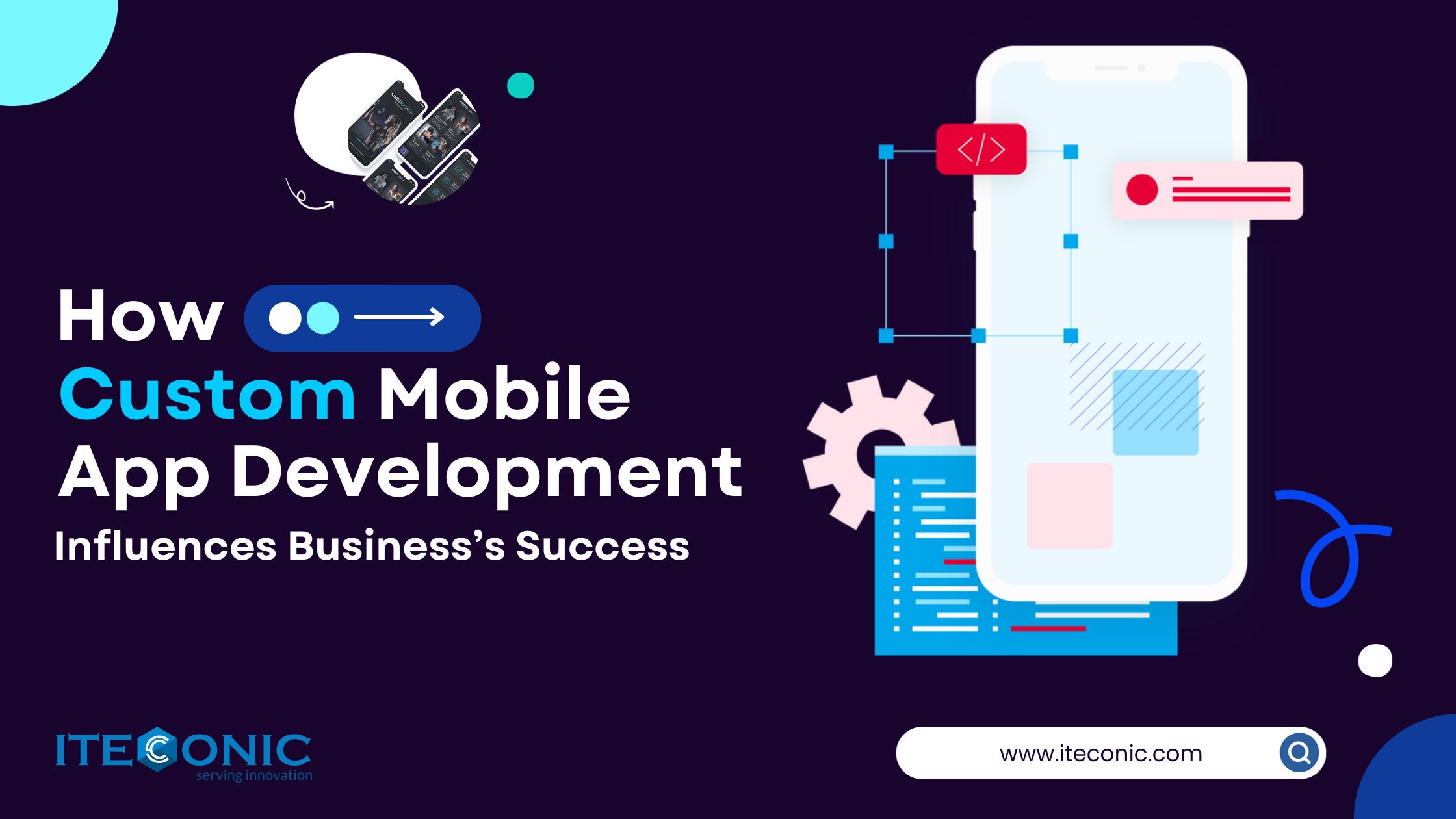
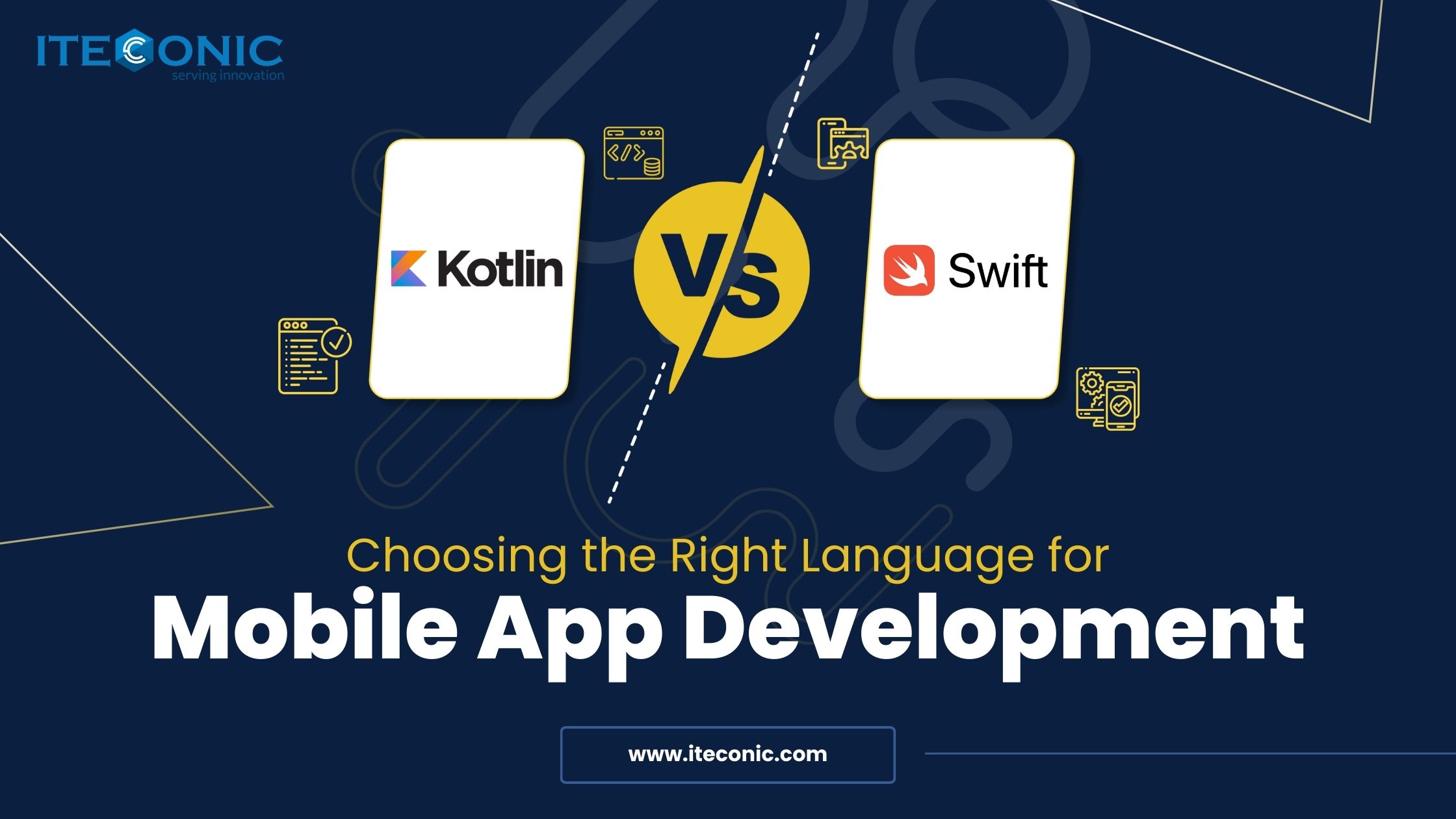

.jpg)
.jpg)
.jpg)
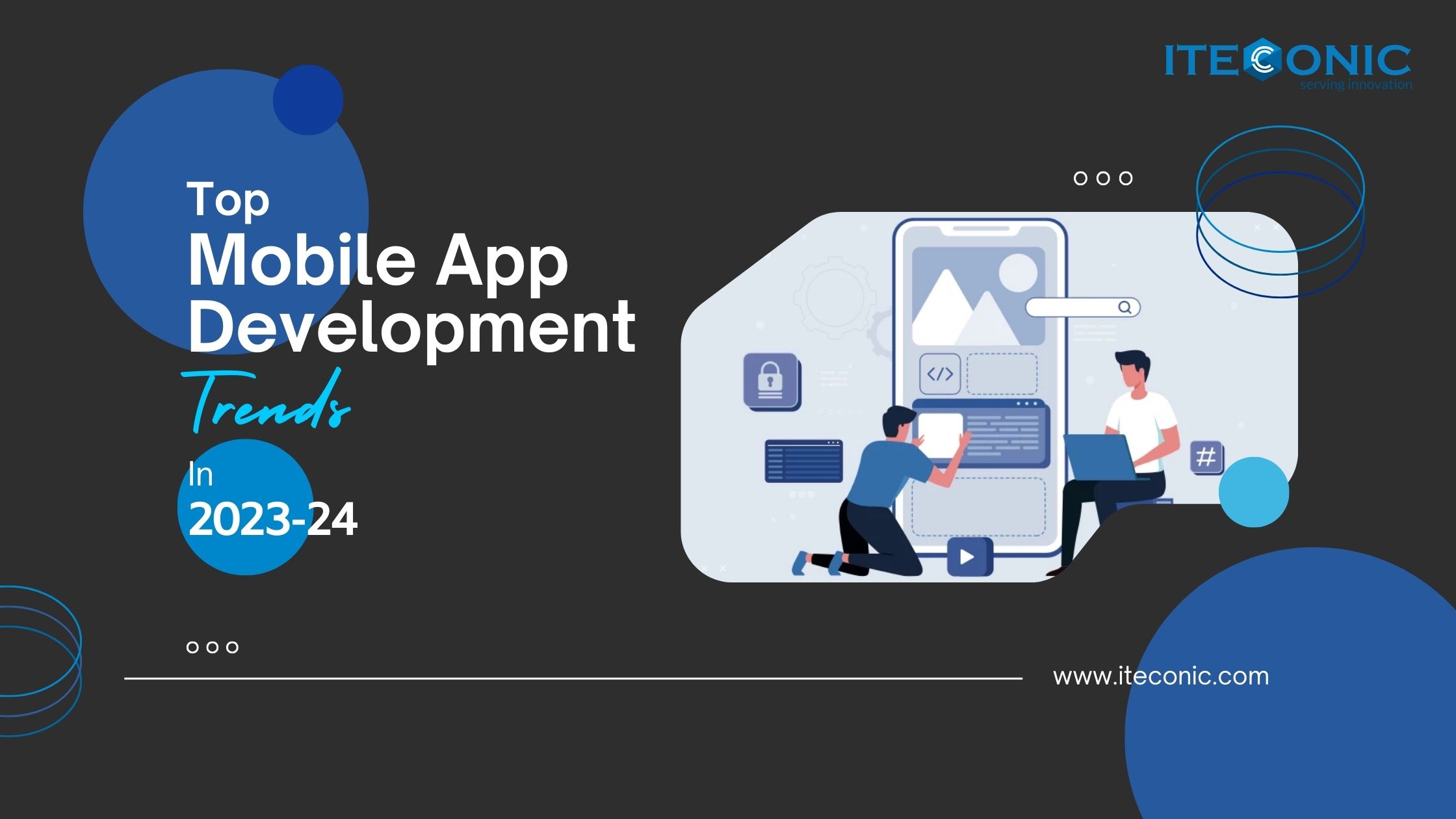
.jpg)
 (1).jpg)
.jpg)
.jpg)

 (1).jpg)

.jpg)
 (2).jpg)
.jpg)
.jpg)
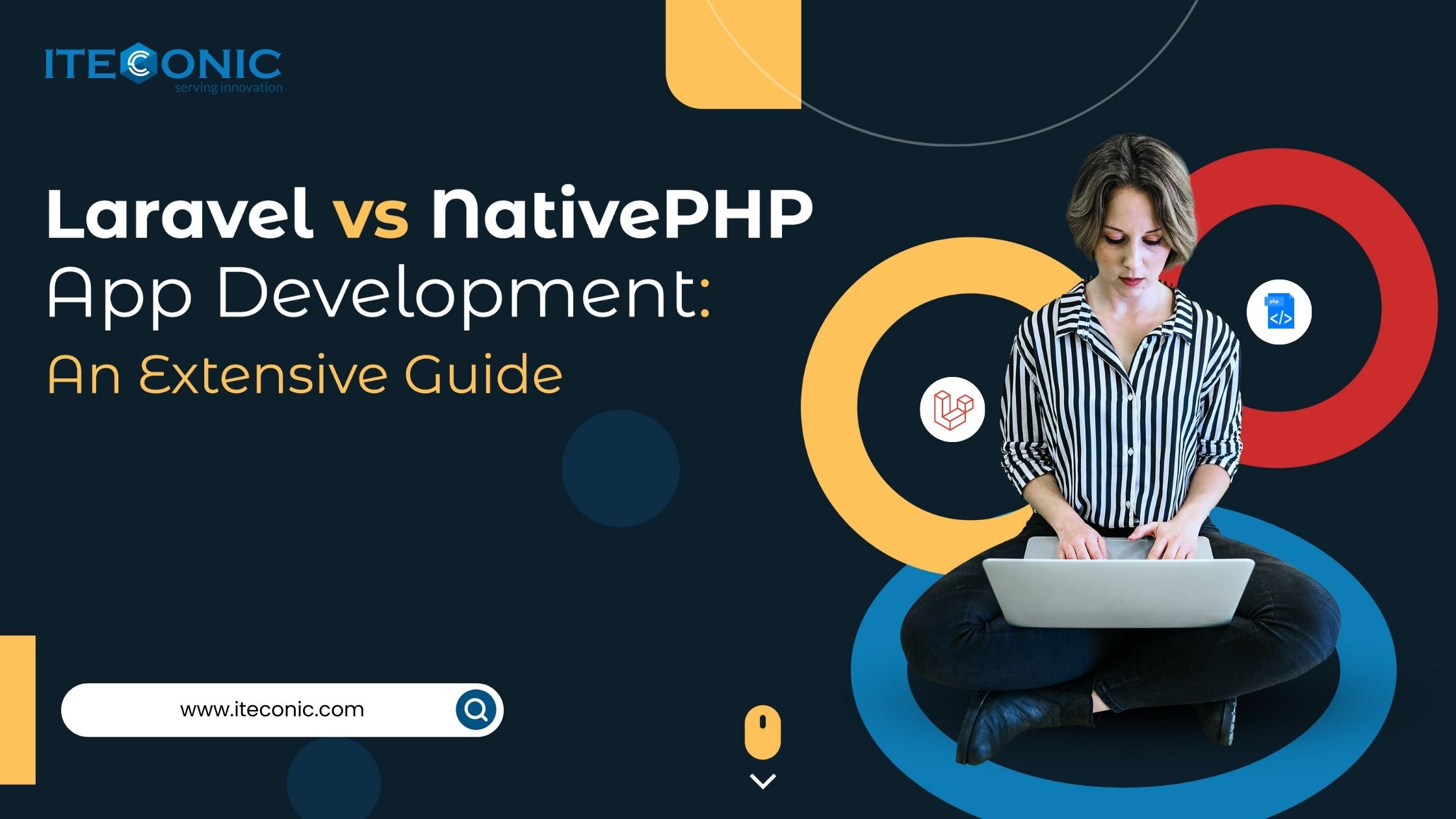
.jpg)



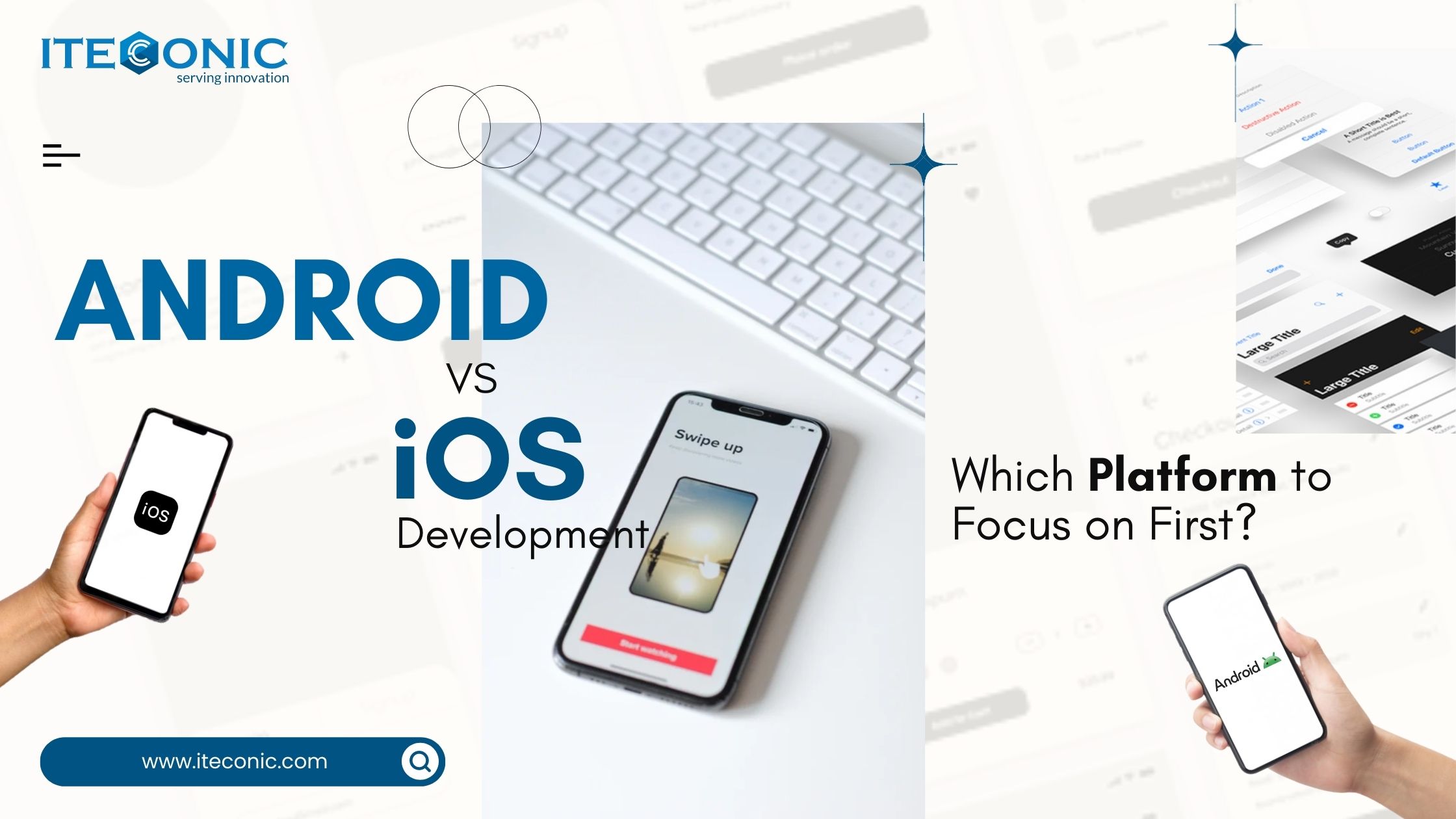

.jpg)
.jpg)
.jpg)

.jpg)
.jpg)
.jpg)



